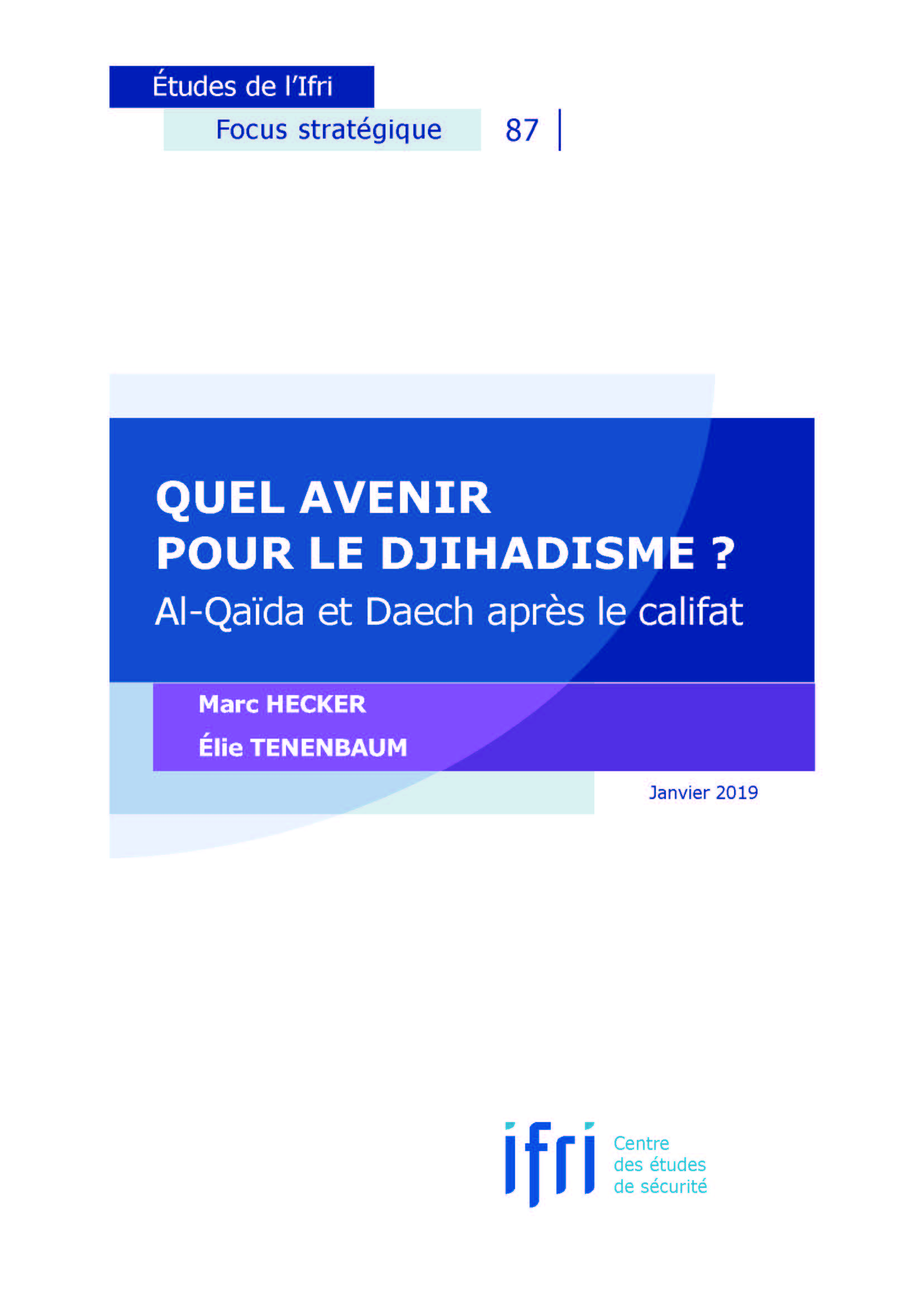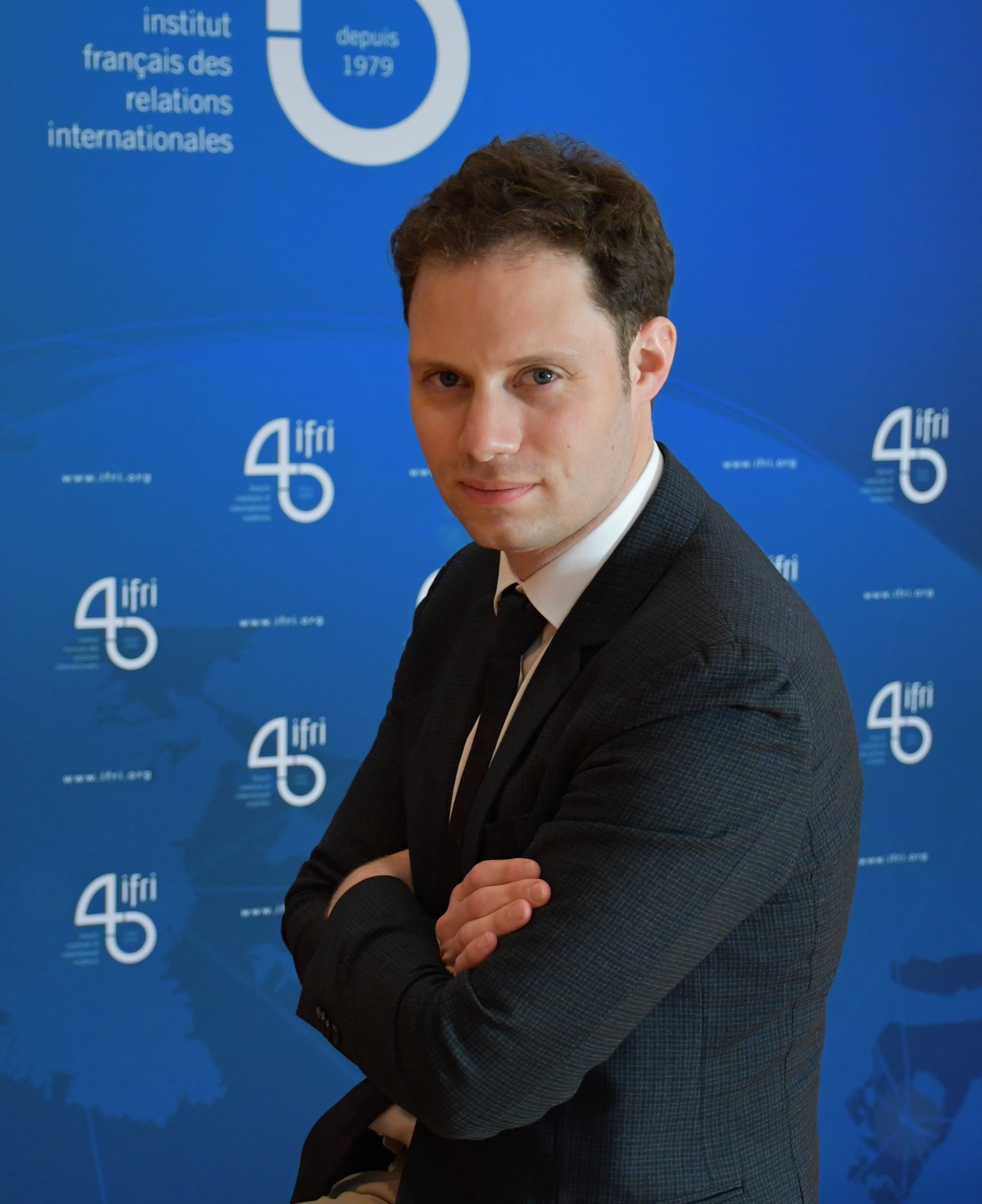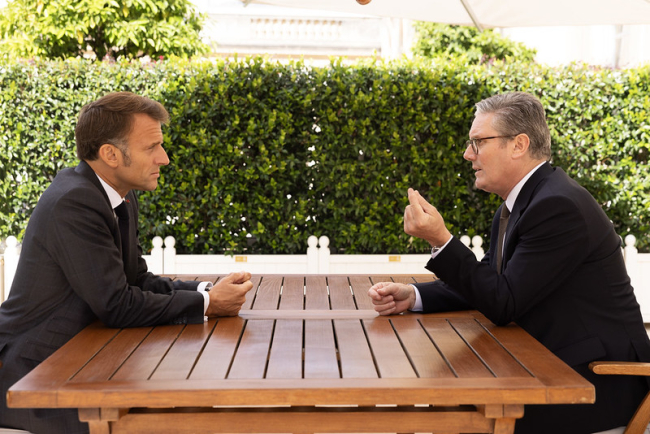Quel avenir pour le djihadisme ? Al-Qaïda et Daech après le califat

Despite a relative weakening since 2017, the international jihadist movement should continue to pose a genuine threat over the next decade.
The Islamic state’s territorial grasp in Iraq and Syria has now receded under the assault of its various opponents. With the loss of its sanctuary, ISIS’ ability to plan and carry out terrorist attacks in Western countries has greatly diminished. Yet, the group is far from being defeated. More generally, the jihadist movement remains very active in the Levant and throughout the world. Since the 9/11 attacks, it has shown not only its resilience but also its capacity to regenerate and innovate. This report, which has a prospective aim, analyses the global and local trends that will shape jihadism in the years to come. It presents a general picture of the status of forces in the different fronts where the armed forces are operating and reviews their operating procedures.
This content is available in French: Quel avenir pour le djihadisme ? Al-Qaïda et Daech après le califat.
Related centers and programs
Discover our other research centers and programsFind out more
Discover all our analysesSaudi Arabia’s Nuclear Temptations. Lessons Learned from Regional Instability
Saudi Arabia’s integration in the international arena and regional stability, notably through reducing its dependence on fossil energies, are crucial elements for the success of the Kingdom’s Vision 2030, the Crown Prince’s top priority. However, Mohammed bin Salman’s declarations in 2018 and 2021, indicating that “if Iran develops a nuclear bomb, we will follow suit as soon as possible”, combined with the recent strikes on key Iranian nuclear facilities, do not bode well for the future of the Kingdom, the region and the non-proliferation regime at large.
The Future of Air Superiority. Command of the Air in High Intensity Warfare
Air superiority, understood as control of the air, is a cornerstone of the Western art of warfare. It is a decisive condition, albeit not sufficient by itself, to achieve military victory, as it enables the concentration of air power toward the achievement of wider strategic objectives and protects other components from unbearable attrition levels. It is best achieved through the offensive use of air power in a joint effort to neutralize the enemy’s air power.
Europe Uncovered?
As Russia continues to threaten Europe, the Trump administration is making no secret of its desire to withdraw—at least partially—from the defense of the Old
Continent in order to focus on strategic competition with China. It is thus putting pressure on its European allies to increase their investment in the military sector. The NATO Summit in The Hague in June 2025 resulted in ambitious commitments by member states to increase their defense spending.
How should Britain and France cooperate to realise the Northwood Declaration?
During his state visit to the United Kingdom (UK) last week, Emmanuel Macron, President of France, signed a joint declaration with Sir Keir Starmer, Prime Minister, on nuclear cooperation between Britain and France. The Northwood Declaration highlights that while both countries’ nuclear arsenals remain sovereign, cooperation on nuclear deterrence can ‘contribute significantly’ to the security of the North Atlantic Treaty Organisation (NATO) and the Euro-Atlantic region.















